People with special needs might need a way to protect their clothing while dining. Perhaps an adult has a disability that affects their strength or coordination. Cocoon makes the Snug Fit, an adult bib that promotes dignity and pride while protecting clothing.
Cocoon’s Adult Bib is unlike any other adult bib on the market. After one of Cocoon’s founders became aware of the need to create a product to help caregivers and seniors with limited mobility, the Cocoon Adult Bib was born!
Besides Cocoon Snug-Feed adult bibs and clothing protectors make mealtime easier for people with limited mobility, or who suffer from long-term health conditions that make eating and drinking difficult.
All Cocoon Snug-Feed adult bibs are:
- Durable
- Hygienic
- Comfortable
- Breathable
- Washable
- Fits across sizes
- Light weight
- Highly absorbent
- Dries very fast
- Easy to wear Velcro Fasteners
- Non fading
- Quick fold food crumb pocket
- Lightweight Waterproof Backing
- Gift- quality design and material
- Locally manufactured in Chennai, India.
Adults can now enjoy dining with this newly designed adult bib. The wearer looks stylish and dignified! By protecting diners’ clothing from spills, they also make caregivers’ jobs more convenient.
Also suitable for persons with conditions such as Dementia, Alzheimer’s disease, Severe arthritis, Parkinson’s disease, Stroke recovery, Sundowner’s syndrome, Ageing, Post Surgery and Post accident recovery.
Cocoon Snug-Feed Adult Bibs are available in 2 colours. You can buy them at The Old Gold Store.
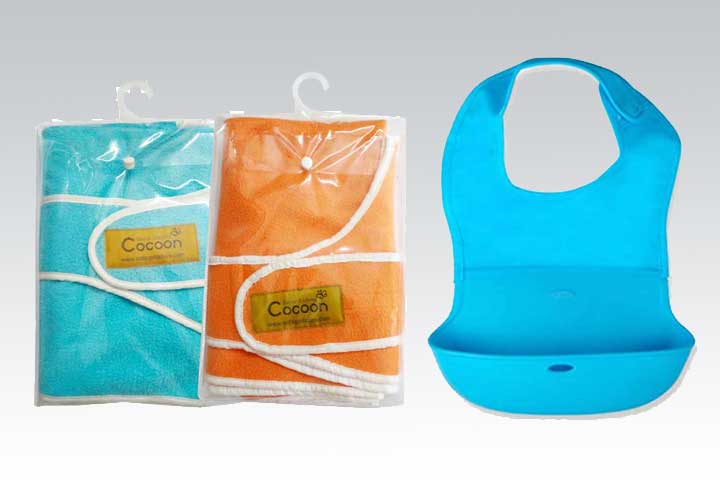
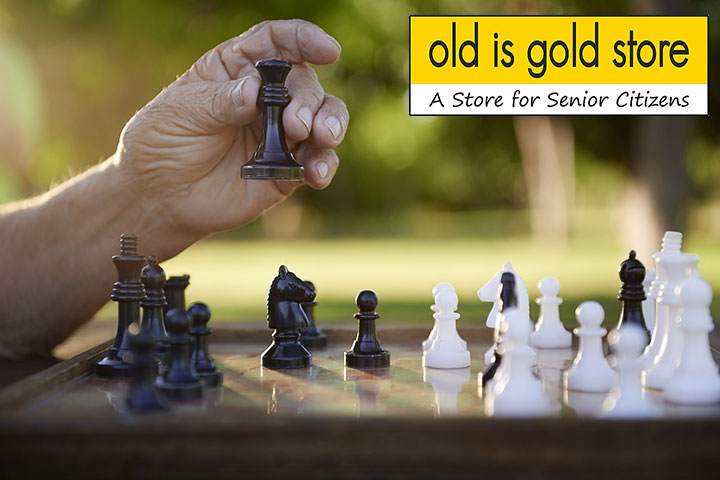







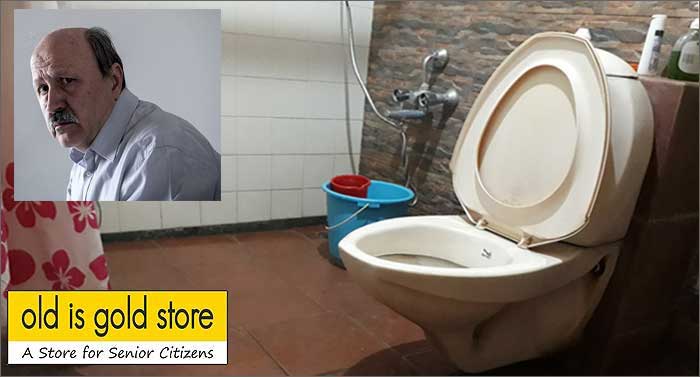
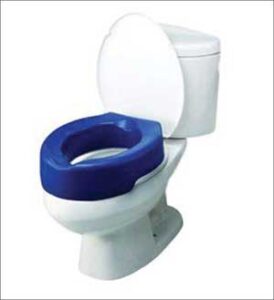
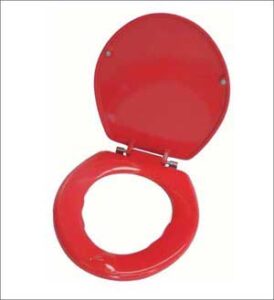
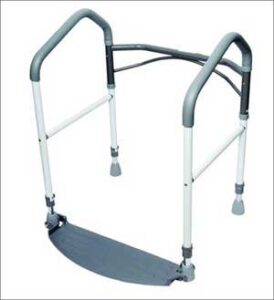
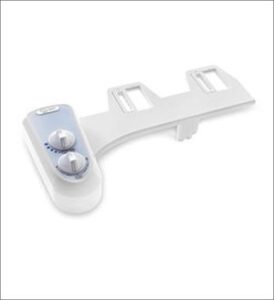
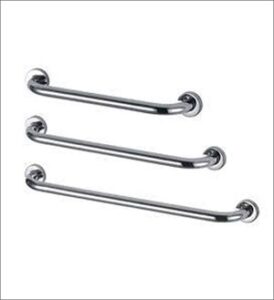
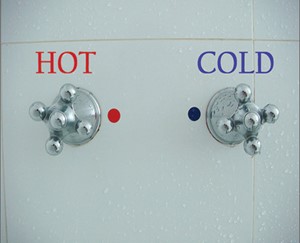
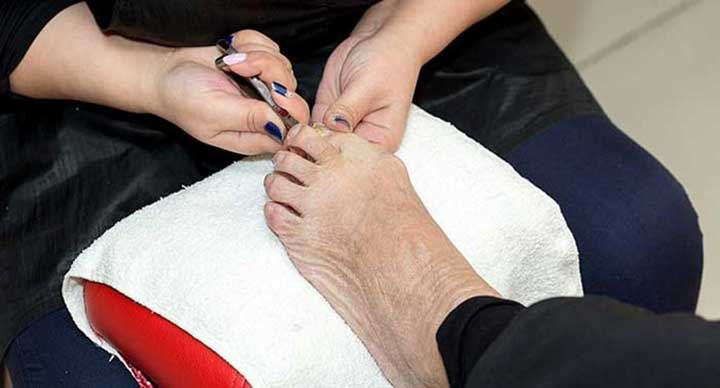
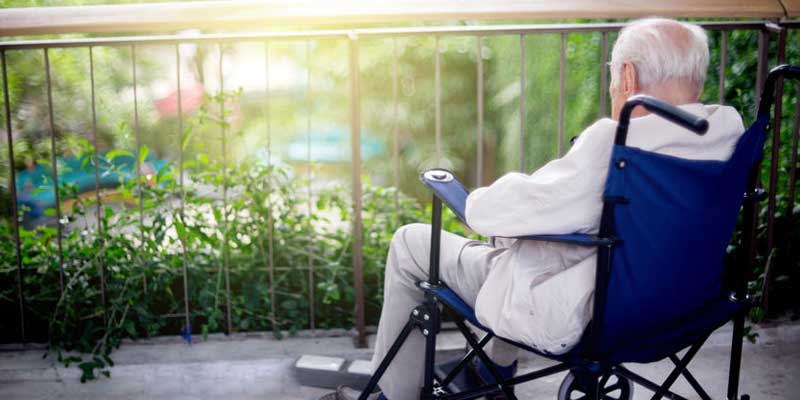 Though this may sound pithy, it is true that old people are like children. And sometimes, the older they get, the more child-like and/or childish they become. While this can be endearing at times, it can also be very frustrating and annoying. Not to mention, difficult to manage.
Though this may sound pithy, it is true that old people are like children. And sometimes, the older they get, the more child-like and/or childish they become. While this can be endearing at times, it can also be very frustrating and annoying. Not to mention, difficult to manage.
 At first, Kannan S. thought there was something wrong with his eyes. He would feel exhausted when out in the sunlight, and found that his handwriting had begun to taper. Later, the resident of Nolambur was diagnosed with Parkinson’s disease, a progressive disorder of the nervous system that affects movement.
At first, Kannan S. thought there was something wrong with his eyes. He would feel exhausted when out in the sunlight, and found that his handwriting had begun to taper. Later, the resident of Nolambur was diagnosed with Parkinson’s disease, a progressive disorder of the nervous system that affects movement. We were covered by ET yesterday. An brief extract follows. The link to the original article is at the end of the post.
We were covered by ET yesterday. An brief extract follows. The link to the original article is at the end of the post.